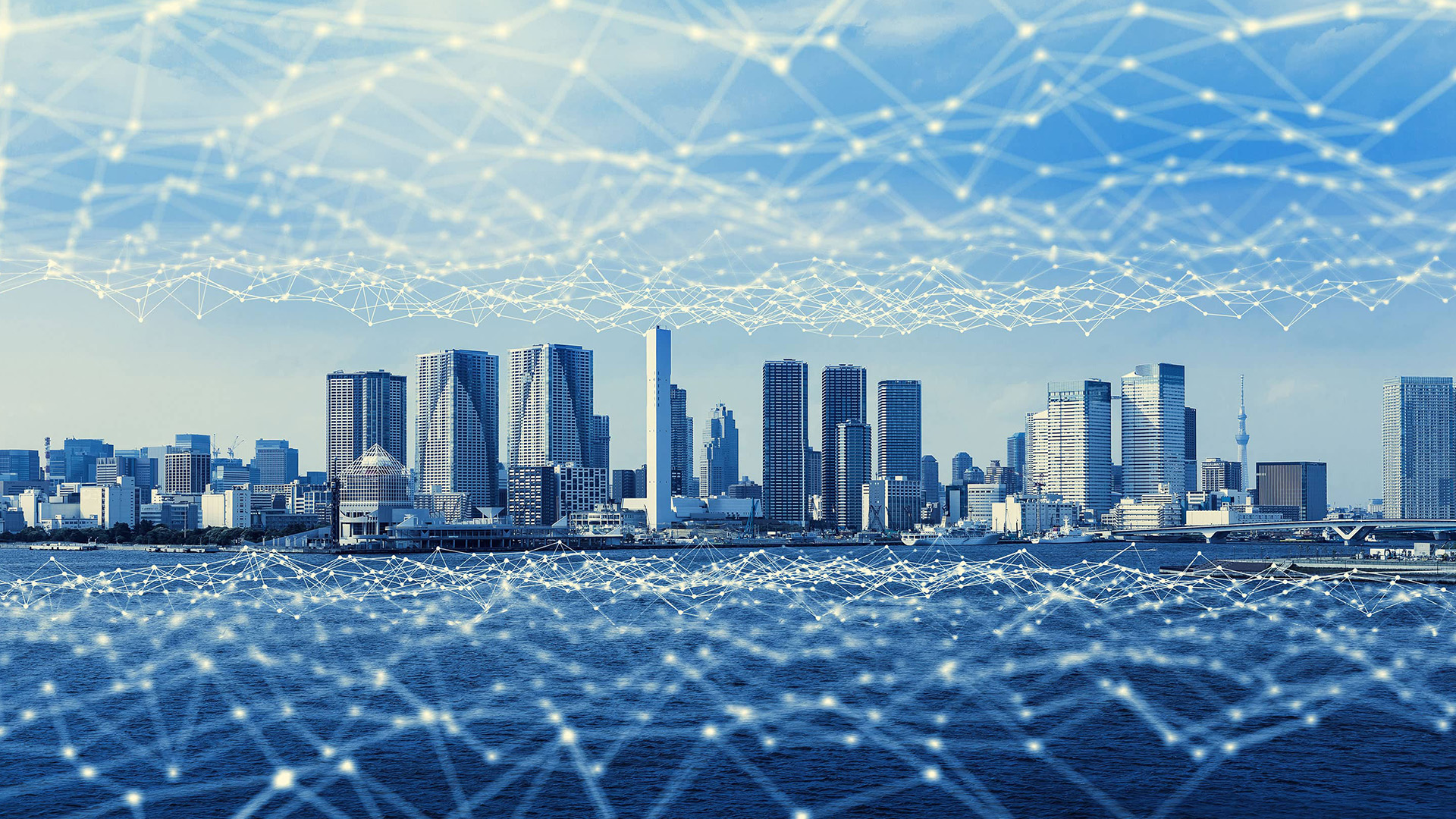
To develop smart cities that serve people, planet and society, engineers might consider adopting a Hippocratic Oath for Engineering to guide their work.
Cities are becoming smarter as we add sensors, extract and combine data, and optimize processes. Smart cities promise to improve our lives with more comfort, services, safety, efficiency, connectivity. Transport might become instantaneous and flawless. Energy could be used and produced as efficiently and sustainably as possible. Crime might be detected when or even before it happens. Cities might run with ease because processes become interlinked. People may not have to worry about spending too much money or doing taxes, because the city takes care of it for them. Our every need could be met through micro-advertising based on emotions, (predicted) behavior and buying histories.
Although technology has the potential to offer lots of benefits, we might want to be smart about what we build and how we do it. As pointed out in this EE Times article entitled, "Wanted: the Human Side of Technologies," there might be a side to smart cities that we should not overlook. Shaping technology, which is becoming more and more ingrained with our environment and our lives, is something that should not be done lightly.
People, nature and society need to be at the center of the decision-making process yet are often forced to take a back seat when engineering decisions are made only from technical, business, economic or governance perspectives. In the heat of things, the undervalued, implicit and invaluable parts of life are easily overlooked or discarded. We might end up with cities that are too one-dimensional for life.
Shared responsibility
Shaping and applying technology should be a shared responsibility. An ethical practice and open collaboration can help us to develop smart cities that serve people, nature and society and their future. Engineers have a duty to consider the consequences of their work on every level possible.
Do we perhaps need a Hippocratic Oath for Engineering?
A city is more than its buildings, shops and streets. It comes alive from the people in it. Great cities can make people come alive too, just like nature, a great book, education, family or something wonderful can. People live their lives full of dreams, successes, doubt, failures, mistakes, contradictions, spontaneity, dilemmas, thoughts, learning, sorrow, joy, et cetera. With a smart approach we might cater to this full spectrum of life.
Imagine a smart city that helps you to grow and learn in a natural way. Maybe public spaces provide subtle interactions that help people to feel happy and calm. How about a smart city that stimulates people's creativity and acts as a shared stage for people to share and mix their art. Imagine streets that help you stay healthy and fit. Think about public spaces that stimulate meaningful conversations between strangers. How about sidewalks that help you discover your city? Imagine a smart city that adapts itself continuously for cleaner air, less noise and better energy usage. A smart city might be a circular city where no material is wasted. How about a city that stimulates biodiversity and contributes to a healthy environment?
Integral solutions for smart cities
The question here is not whether these are good suggestions, or which one is the right one (if any). It is more about how we can establish a dialogue about what we expect from smart cities.
From a broader perspective, the growth to maturity of smart cities is not the only challenge we are facing today. Climate change is forcing us to rethink our economic models and the way we use products, energy and materials. Social and economic divides are undermining the stability of our societies.
Disruptive technologies such as big data, AIs, quantum computing, electric vehicles will dramatically change life. Together these challenges present a perfect storm.
With smart cities we might have the opportunity to create integral solutions for all these challenges. They offer us the opportunity to rethink and redesign our society for peace, sustainability, health, prosperity and joy.
Building livable and resilient smart cities needs at least two things: *open collaboration and ethical practice*.
Open collaboration
Open collaboration frees a city and its people to keep evolving. Considering that cities are always changing, this takes a continuous collaborative and holistic effort where we are able and willing to look beyond the boundaries of our own concerns and interests. Smart cities are the ultimate place for open collaboration. Between people, government, businesses, and the commons. Between engineering, the arts, the humanities, politics, philosophy. Between generations, also the ones that are not yet here.
Open collaboration is only possible when certain conditions are met. When the underlying technology and data of a city become (part of) the place where we live, they need to be available for re-interpretation and replacement. Especially smart city data, created because people live in cities, should be made available to the community of that city so that there is space for renewal. This means that we need to establish and safeguard space for renewal, adaptation and change. Preventing cities from getting locked into specific or closed technological solutions is necessary to facilitate this space.
That shared "grey space in the middle" is where society can contemplate, experiment and create, free from preconceptions, bias and legacy, what it needs to sustain and advance itself. Open collaboration of this kind can only really happen when there is also open source, open design, open data, open governance, etc. Imagine having access to all the knowledge, creativity and hearts of the world.









